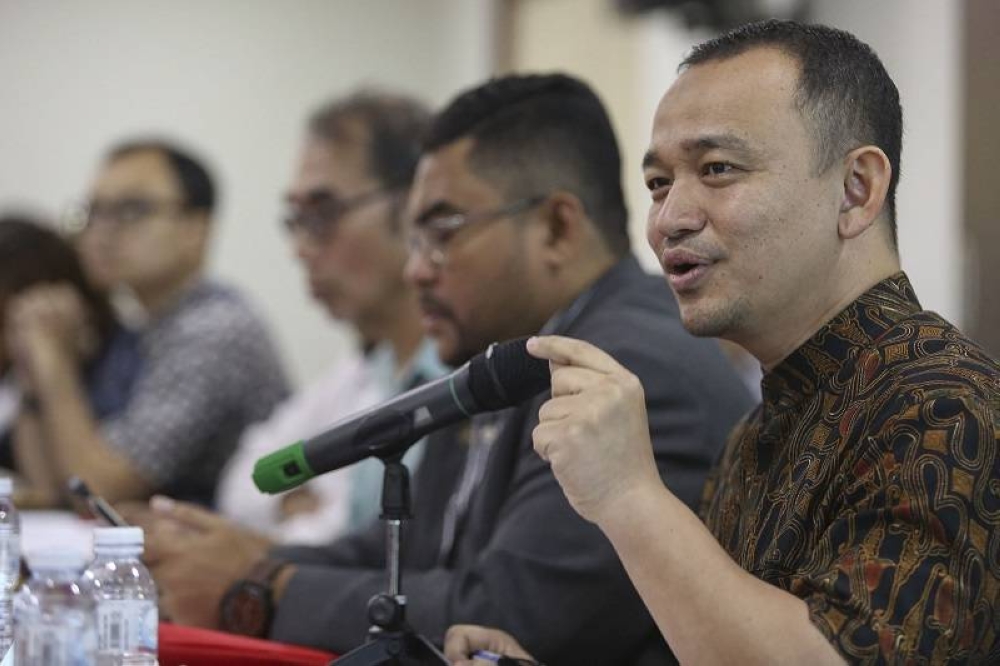Pakatan Harapan’s Simpang Renggam parliamentary candidate Maszlee Malik has apologised for generalising Umno supporters after he was heckled and barred from visiting a temporary flood relief centre located in Simpang Renggam. — File picture by Yusof Mat Isa
Follow us on Instagram, subscribe to our Telegram channel and browser alerts for the latest news you need to know.
JOHOR BARU, Nov 13 — Pakatan Harapan’s (PH) Simpang Renggam parliamentary candidate Maszlee Malik has apologised for generalising Umno supporters after he was heckled and barred from visiting a temporary flood relief centre located in Kampung Isnin Maarof in Simpang Renggam earlier today.
In a three-minute and 11-second video, he explained that he was barred by the areas’s village head and another elderly man from entering a temporary flood relief centre due to a new 15th general election (GE15) guideline.
Maszlee, who is also the incumbent Simpang Renggam MP, said he was immediately called to visit the temporary flood relief center where five families were relocated there due to floods.
He added that it was nothing out of the ordinary as visiting flood victims was responsibility as an elected representative.
“I was initially taken aback by the village head who provocatively shouted at me. It caused me to angrily react back and generalising such an attitude being typical of Umno members.
“So, I apologise to all Umno members for my angry reaction, despite the village head and the second person both being Umno supporters,” said Maszlee in the video that was posted on Facebook tonight.
The former education minister was responding to an earlier incident that saw him being heckled and barred from entering a temporary flood relief centre in his own constituency.
Maszlee said the incident has thought him to control his temper and also to be more careful with his words.
He said Johor Umno chief Datuk Seri Hasni Mohammad and also Simpang Renggam Umno division chief Datuk Zakaria Dullah were exemplary party leaders who upheld a professional image of Umno.
“What is important is for Malaysians to learn to live in a civil manner and to be democratically professional when entering the political ring,” he said.
Earlier, a one-minute and 29-second video where Maszlee was scolded and chased away from a community hall by an elderly man made its rounds on social media.
Maszlee was heard saying that the bad treatment given to him was typical of “Umno behaviour.”



